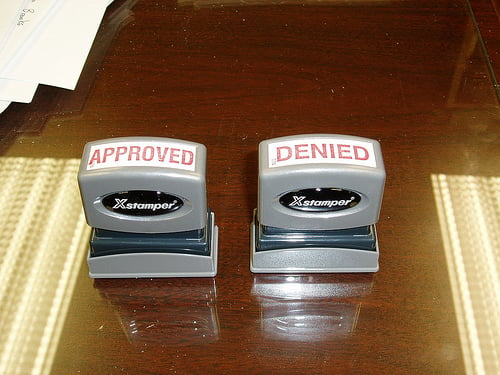Times are tough. The effects of the recession and housing crisis have left you in a less-than-ideal financial situation, and now you're having trouble making your mortgage payments. You may be thinking about trying to get a loan modification to lower your interest rate, or you may be worried that a foreclosure is in your future. You know that if a loan modification is successful, your monthly payments could be reduced to a more manageable level. You also know that your chances of getting a loan modification approved without an attorney are slim, but you don't know if you can afford an attorney.
Alternatively, you may think the result is a forgone conclusion, and that there is no point in paying an attorney to tell you what you already know, that you're going to lose your home.


















